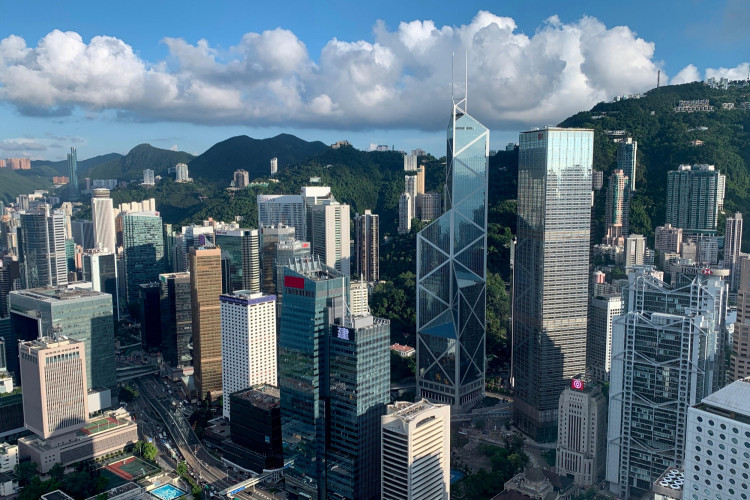Hong Kong authorities plan to plow more than HK$120 billion ($15.5 billion) to boost the city’s recession-struck economy, financial secretary Paul Chan announced on Wednesday.
“With the epidemic still lingering, our economy has yet to come out of recession,” he said in his 2021-22 budget address delivered before the Hong Kong Legislative Council.
The city’s economy contracted by 6.1% in 2020 as the global COVID-19 pandemic put a damper on business, far wider than the 1.2% slip in 2019 when protests rocked the Chinese territory.
Chan expects the Hong Kong economy to expand in 2021 with growth between 3.5 and 5.5% this year and a yearly average of 3.3% until 2025.
Government revenue estimates for the upcoming year were revised to HK$543.5 billion with expenditure totaling HK$820.4 billion, a significant improvement from the record HK$257.6 billion deficit expected last year.
To be sure, deficits will likely become the new normal and after achieving a surplus for 15 straight years, “Hong Kong will record a deficit for a number of years,” Chan warned legislators.
The decision to launch a major spending program in spite of the loss in government revenue reflects officials’ desire to support the public, he added.
Last year, the government offered an HK$10,000 ($1,289) cash handout to all permanent residents but public hopes for a similar scheme were dashed on Wednesday when Chan announced that all eligible citizens will receive HK$5,000 in consumption vouchers.
“This measure, which involves a financial commitment of about $36 billion, is expected to benefit around 7.2 million people,” he said. Lower taxes and reduced loan guarantees were also among the economic support offered to individuals.
A further HK$6.6 billion has been set aside to create 30,000 time-limited jobs for 12 months to encourage employment, while local businesses will be eligible for tax reductions and fee waivers worth HK$9.5 billion in total.
Hong Kong health authorities have put roughly HK$8.4 billion aside for the procurement and distribution of COVID vaccines, Chan said, as part of an inoculation program that started earlier this week and will see more than 22.5 million doses given out.
The secretary vowed not to reduce spending on education, social welfare and health care “to safeguard people’s livelihoods and maintain public confidence.”
But some additions to the latest budget suggest the Hong Kong government is more concerned about meeting mainland demands rather than supporting local businesses.
HK$8 billion will be allocated for “safeguarding national security”, which is 10 times more than the amount set aside for supporting the city’s ailing tourism industry.






